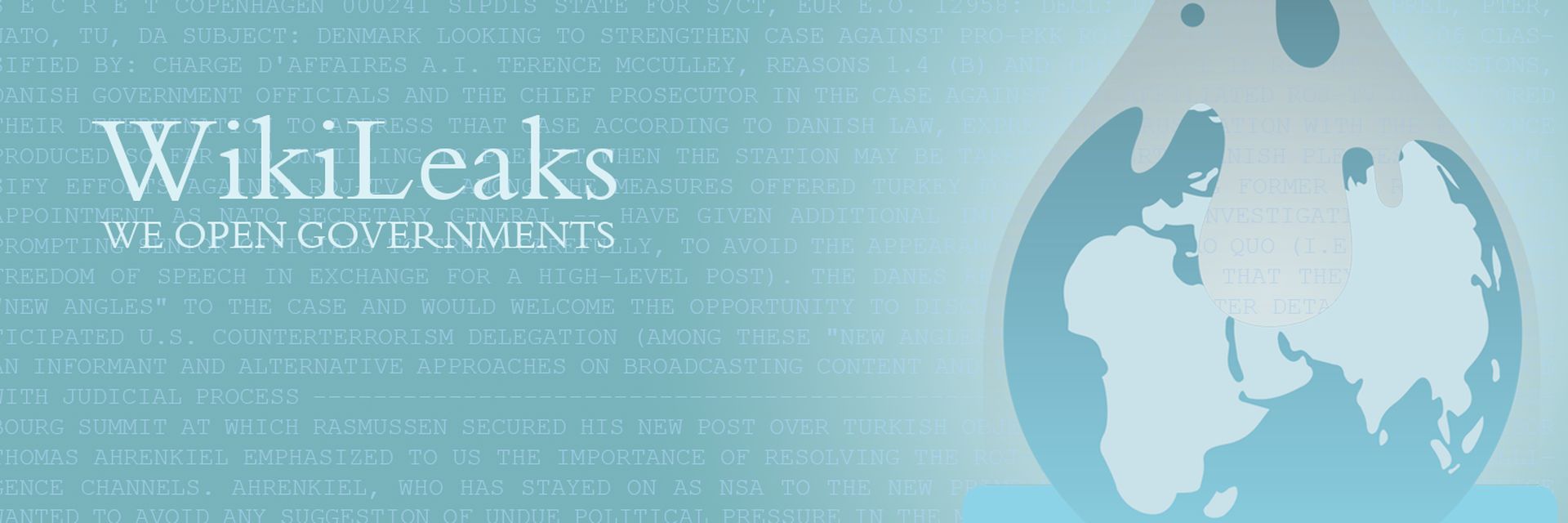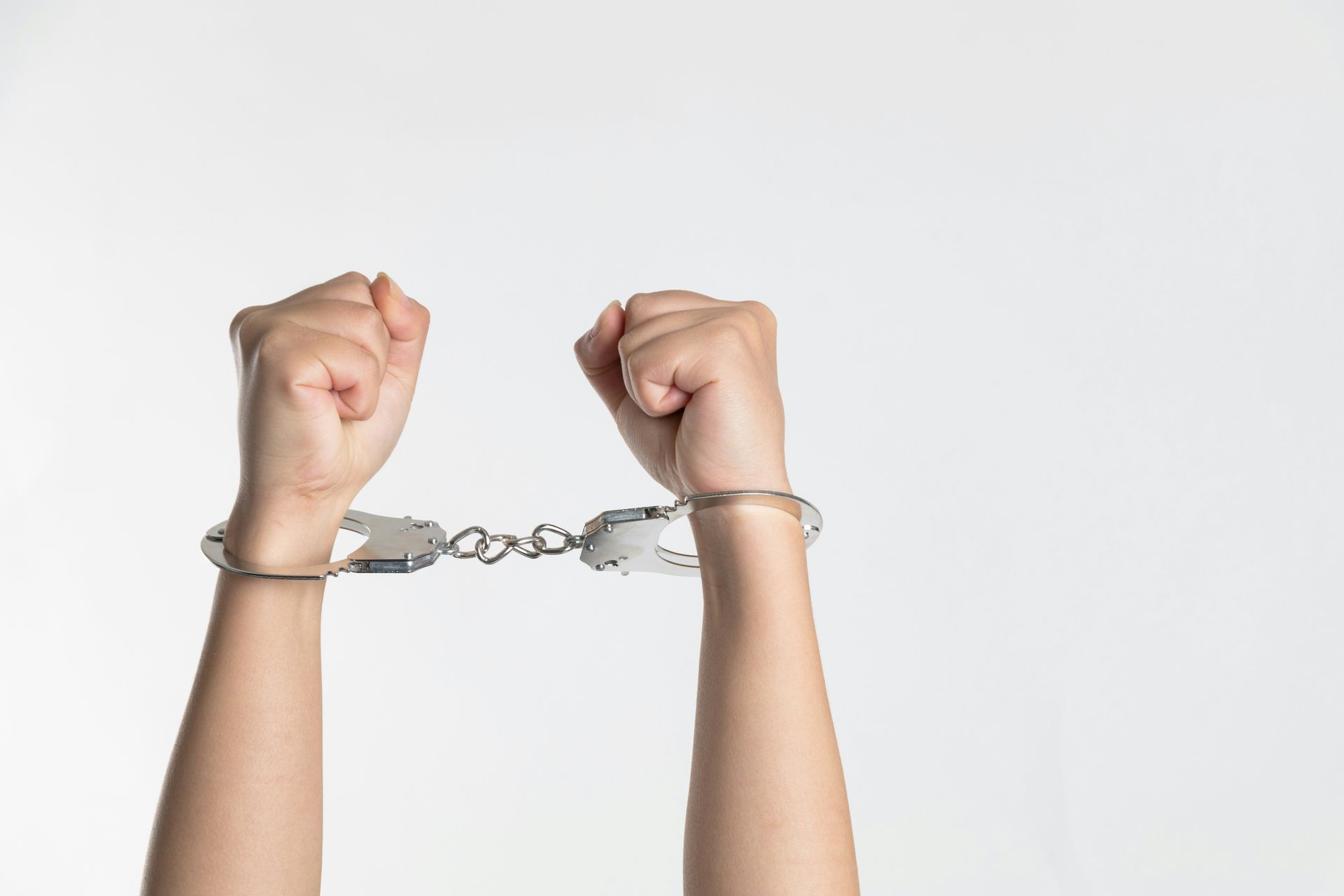Julian Assange is free after a decade-long legal battle following a Julian Assange plea deal. The WikiLeaks founder pleaded guilty to a single Espionage Act charge, resulting in the U.S. dropping all other charges. This landmark decision sparks debate on press freedom and government transparency.
The WikiLeaks co-founder, known for his role in disseminating classified information, has been released from a high-security British prison and will return to his native Australia. This development follows a plea deal with the United States, where Assange agreed to plead guilty to charges related to the illegal dissemination of national security material. His release marks the culmination of a saga that has captivated the global public and divided opinions for over a decade.
The WikiLeaks X account has said Julian Assange is free to world, followed by the following words:
JULIAN ASSANGE IS FREE
Julian Assange is free. He left Belmarsh maximum security prison on the morning of 24 June, after having spent 1901 days there. He was granted bail by the High Court in London and was released at Stansted airport during the afternoon, where he boarded a…
— WikiLeaks (@wikileaks) June 24, 2024
Julian Assange is free
Assange pleaded guilty to a single Espionage Act charge, admitting to conspiring to obtain and disseminate classified national defense information. In exchange, the U.S. dropped all other charges, paving the way for his release.
Here are the key moments in the saga that eventually led to Julian Assange plea deal:
- 2010: WikiLeaks publishes classified U.S. military documents, revealing alleged war crimes.
- 2010: Assange faces rape allegations in Sweden, leading to years of legal battles.
- 2012: Assange seeks asylum in Ecuador’s London embassy to avoid extradition.
- 2019: Assange’s asylum is revoked, and he is arrested by British authorities.
- 2023: U.S. indicts Assange on multiple espionage charges.
- 2024: Julian Assange plea deal is reached, and Assange walks free.
The plea deal that secured Assange’s release is a significant turn in a case that has seen numerous twists and turns. According to NBC News‘ report, Assange will plead guilty to one charge of illegally disseminating national security material. This charge stems from his alleged collaboration with whistleblower Chelsea Manning, who provided Assange with classified U.S. government documents.
Who is Julian Assange and what did he do?
Julian Assange is an Australian journalist and computer programmer who founded WikiLeaks, a non-profit organization that publishes classified and sensitive information. Born in 1971 in Townsville, Queensland, Australia, Assange became known for his hacking skills and advocacy for transparency.
In 2006, Assange launched WikiLeaks with the goal of exposing hidden information from governments and powerful organizations. The platform gained significant attention for several high-profile leaks:
- Collateral murder video (2010): A leaked U.S. military video showing a helicopter attack in Baghdad that killed civilians, including two Reuters journalists.
- U.S. diplomatic cables (2010): Over 250,000 U.S. State Department cables revealing sensitive diplomatic communications.
- Iraq and Afghanistan war logs (2010): Detailed reports on military operations and incidents during the Iraq and Afghanistan wars.
These leaks sparked global debates about government transparency, press freedom, and national security. Assange’s actions have been both lauded for exposing truth and criticized for potentially endangering lives.

What’s in Julian Assange plea deal?
The plea deal involving Julian Assange includes several key elements:
- Guilty plea: Assange will plead guilty to one charge of illegally disseminating national security material.
- Return to australia: Following the plea, Assange will be allowed to return to his native Australia.
- Location of court filing: The court documents were filed in the Northern Mariana Islands, a U.S. commonwealth in the Pacific.
- Reason for filing location: The location was chosen due to Assange’s opposition to traveling to the continental U.S. and its proximity to Australia.
- Duration of previous imprisonment: Assange has already served five years in the UK while awaiting extradition to the U.S.
- Potential sentence: The plea deal is part of a resolution to avoid the original potential sentence of 170 years in prison, which stemmed from 18 counts under the Espionage Act and other charges.
- Extradition avoided: The plea deal prevents further extradition proceedings from the UK to the U.S.
This deal is designed to end the long-standing legal saga involving Assange while addressing both legal and diplomatic concerns. With this plea deal, Julian Assange is free from prison for now.
When was WikiLeaks founded and what did WikiLeaks expose?
WikiLeaks was founded in December 2006 by Julian Assange. The organization was established with the goal of providing a platform for whistleblowers to leak classified, censored, or otherwise restricted information to the public. By doing so, WikiLeaks aimed to promote transparency and hold governments and powerful organizations accountable for their actions.
From asylum to arrest
Assange’s release is the latest chapter in a story that has spanned over a decade, involving numerous legal battles and diplomatic negotiations. After seeking asylum in the Ecuadorian embassy in 2012 to avoid extradition to Sweden, Assange remained there until April 2019. His arrest by British authorities marked the beginning of a new phase in his legal troubles, as the U.S. sought his extradition on charges of espionage and hacking.

The charges against Assange included 18 counts under the Espionage Act, carrying a potential sentence of 170 years in prison. These charges were related to WikiLeaks’ publication of classified documents, which the U.S. government argued endangered national security. Assange’s defense maintained that his actions were those of a journalist and that he was being persecuted for exposing government misconduct. The legal battle over his extradition became a focal point for debates about press freedom, whistleblowing, and government transparency.
The world watches as Assange steps into the next phase of his life, free from the confines of prison but forever marked by the unprecedented events that have defined his career and legacy.
What is plea deal meaning?
A plea deal, also known as a plea bargain or plea agreement, is an arrangement in a criminal case where the defendant agrees to plead guilty to a lesser charge or to one of multiple charges in exchange for a more lenient sentence, or for the dismissal of other charges.
In the case of Julian Assange plea deal, he agreed to plead guilty to a single Espionage Act charge, resulting in the U.S. dropping all other charges against him.
Featured image credit: WikiLeaks/X





